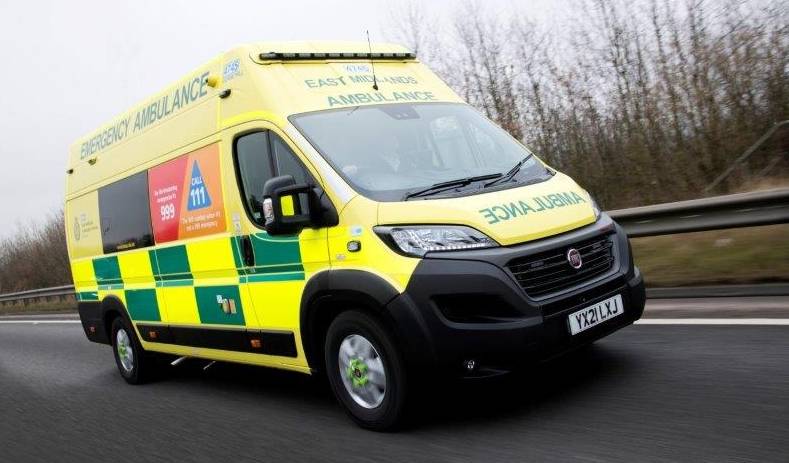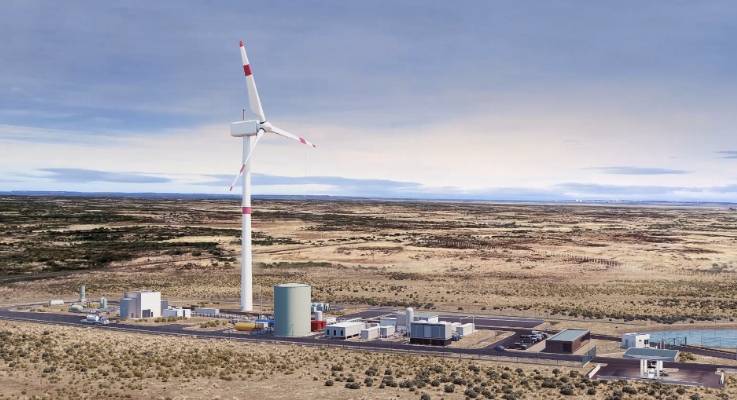The European Union’s Twenty-Seven approved legislation that marks the end of cars that emit CO2. The legislation also includes details on the future of synthetic fuels
The Council of the EU, comprising ministers from member states, officially approved the regulations on emissions from light vehicles. The regulation mandates a reduction of CO2 emissions from new cars by 55% by 2030 and zero emissions by 2035. Despite Italy and Poland voting against the regulation, Germany’s expected support led to its adoption with a significant majority, alongside a textual explanation.
In “recital 11” of the regulation, it was stated that the Commission must propose a registration system for vehicles that exclusively use CO2-neutral fuels after 2035. However, before granting its final approval, Berlin requested that the Commission clarify the meaning of this statement, particularly whether it implies the creation of a new type of vehicle.
Special vehicles

In the upcoming months, the Commission will modify the legal framework that defines special vehicles such as ambulances and lumbering machines. The goal is to establish a new category of private vehicles that run exclusively on synthetic fuels, known as e-fuels, produced from hydrogen and CO2. These cars would feature a conventional combustion engine but equipped with an interlock system to prevent them from starting with other fuel types. If the e-fuels are produced from green hydrogen and captured CO2, they could be considered carbon neutral.
Once the new category of cars is established, the challenge will be to find a place for them in the post-2035 world, within the new CO2 standards regulations. This is a delicate task because, even though these vehicles may have a neutral combustion cycle, they will still emit CO2 individually at the tailpipe. Therefore, they will need an exemption from the new regulations that set emission standards per vehicle. The Commission aims to use a “delegated act” to provide this exemption, which is a technical detail of the legislation that legislators cannot change, but can veto if they disagree. The EU executive plans to present the delegated act in the spring of 2024. Is this the end of the story?
Not so fast

It is unclear whether the Commission will be able to fulfill Germany’s request by drafting a delegated act, as it depends on whether the Parliament and the Council have provided for a delegation of power in the regulation. This delegation of power is not explicitly stated in the current regulation, so the Commission is uncertain if it can proceed in this manner.
However, there is an alternative solution in place. If the Commission is unable to draft a delegated act as requested, it can propose including e-fuels in a revision proposal for the regulation. This would bring the Commission back to the beginning, but the regulations already have a provision for revision, with a review clause scheduled for 2026. The Commission estimates that this could be a suitable timeframe to align with Germany’s commitment.
E-fuels, which are highly anticipated in sectors such as aviation and marine transport, may soon be used in individual cars as well, following Porsche’s pilot plant in Haru Oni, Chile. While this new type of vehicle may remain a niche market compared to electric cars, at least it will have legal recognition. This is in contrast to biofuel vehicles, which were advocated for by Italy and Poland but ultimately rejected due to their indirect CO2 emissions caused by land use for food production. The idea was ultimately rejected.
